As of 2020, most of the world’s energy investment still went to carbon-emitting sources, namely, fossil fuels. On the other hand, the Covid-19 pandemic and the economic Project Overview 20 March 2021 08:39 Page 6 of 9 downturns shrank the global energy demand, including fossil fuels, resulting in a sharp drop in their prices. Low fossil fuel prices are harmful to developing renewable energy projects, making solar, wind, and other renewable energy resources less competitive as sources of electricity.
save
₹5,066.00Energy Sustainability and Climate Change in ASEAN
This book provides several up-to-date empirical policy-oriented studies on assessing the impacts of climate change on various economic sectors and the role of renewable energy resources in mitigating pollution and climate change. It suggests various policy recommendations on how to increase the share of renewable energy resources in the energy baskets of the members of the Association of Southeast Asian Nations (ASEAN) and the rest of the world to ensure energy sustainability.
₹9,833.00₹14,899.00
In stock
| Weight | 1 kg |
|---|---|
| Dimensions | 24 × 16 × 2 cm |
| Book Author | Dr. Farhad Taghizadeh-Hesary, Dr. Han Phoumin, Prof. Fukunari Kimura, Prof. Jun Arima |
| Edition | 1st |
| ISBN | 9789811619991 |
| Language | English |
| Pages | 330 |
| Publication Year | |
| Publisher | |
| Sell by | sarasbooksonline.com |
Customer Reviews
There are no reviews yet.

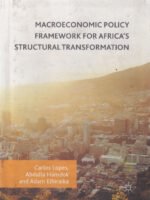
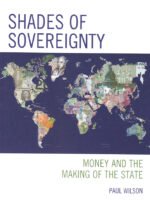

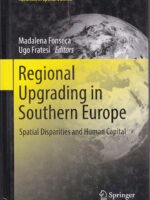
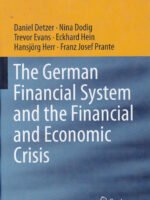
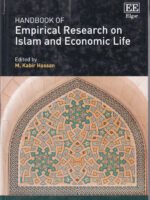

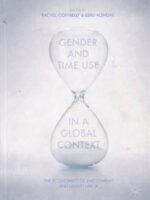
Be the first to review “Energy Sustainability and Climate Change in ASEAN”